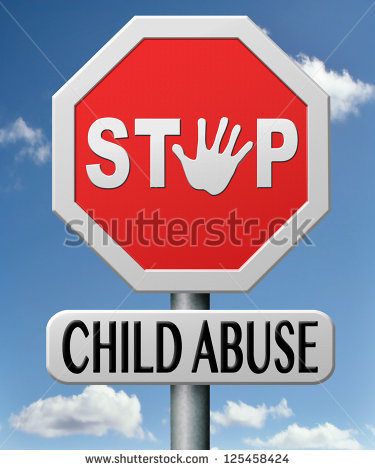
You have been victimized by a terrible wrong. During your childhood, the time you were most vulnerable, instead of being protected, helped, and comforted you were abused. Most likely you were abused by someone who should have been trustworthy a family member, a teacher, a neighbor, a coach, a pastor, a friend. Instead of being protected you were violated. You were treated with malice. Someone used, misused, and took advantage of you. Now you are wondering if recovery is possible.
The simple answer to that question is yes, recovery is possible. But you already know you can’t just snap your fingers and make everything all better. And you know that pat answers won’t help you. But here are two important truths to keep in mind: You are not alone, and there is hope.
Your recovery will be a process of learning and remembering those two truths, not just once, but over and over. Think about how bread gets made. It must be kneaded so that the yeast goes through the whole loaf. These two truths must be kneaded into who you are until they work through every part of you. The working of these truths into the deepest part of you takes time. The damage you suffered may have been done in one or more terrible moments; the healing and the restoration unfolds at a human pace. It unfolds at your pace. It unfolds as part of your story, and it unfolds over time.
There are three broad categories of child abuse: verbal abuse, physical abuse, and sexual abuse. If you were verbally abused, someone whose words should have been helpful and kind instead demeaned you and assaulted you. If you were physically abused, someone (perhaps a parent or another authority figure) attacked you and hurt you. If you were sexually abused, someone used you and violated an intimate part of who you are.
However you were abused, what happened to you was evil—you were sinned against. And now you are suffering. God is mindful of your suffering, and he hears your cries. He heard the cry of a child dying of thirst in the desert (Genesis 21:17–18); he heard the cries of the Israelites suffering as slaves (Exodus 2:23–24); and he hears you. God has much to say to those who have experienced evil at the hands of others. So he has much to say to you.
CULLED FROM DAVID POWLISON
No comments:
Post a Comment